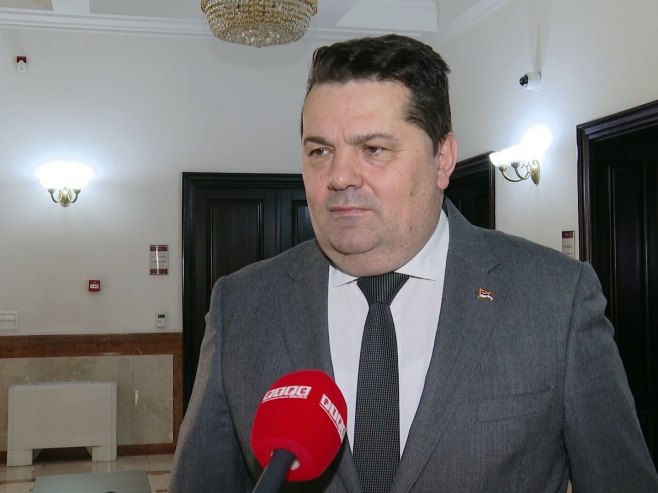The European Parliament has adopted a major reform that makes it easier to suspend visa-free travel for countries whose citizens pose security risks, violate human rights, or record a high number of asylum applications within the European Union.
The measure affects 61 countries that currently enjoy visa-free access to the Schengen Area and aligns with the EU’s updated security and migration priorities.
Greater flexibility for the European Commission
The reform gives the European Commission greater flexibility to act quickly in response to threats — including hybrid threats and “golden visa” schemes — with the goal of strengthening migration control and protecting the EU’s internal borders.
What does the new visa suspension reform include?
At the vote on Tuesday, Members of the European Parliament backed the reform of the visa suspension mechanism, allowing the Commission to temporarily or permanently reintroduce visa requirements for specific countries in cases of serious concern.
- Temporary suspension: Activated immediately once suspicions arise, remaining in effect during the investigation and dialogue with the third country.
- Permanent suspension: Applied if problems persist after consultations with EU member states.
The reform was passed with 518 votes in favor, 96 against, and 24 abstentions. It now awaits formal approval by the EU Council and will take effect 20 days after publication in the Official Journal of the EU.
Main reasons for visa-free suspension
Under the new rules, visa-free travel may be suspended for several reasons — primarily linked to security and migration management:
- Security risks: A sharp increase in serious crimes committed by nationals of the country in question.
- Migration pressure: A rise in rejected asylum applications, denied entries, or overstays.
- Violations of international norms: Non-compliance with the UN Charter, human rights law, humanitarian law, or international court rulings.
The new reform aims to deter abuse of visa-free privileges and ensure third countries meet EU standards.
New triggers: From hybrid threats to golden visas
The update introduces expanded criteria for suspension, reflecting evolving global challenges:
- Hybrid threats: State-backed instrumentalization of migrants (for example, deliberately sending migrants to EU borders as a form of pressure).
- Golden visas: Fast-track EU citizenship or residency through investments, such as property purchases, that could pose security risks.
- Policy misalignment: Lack of cooperation on readmission or violations of EU visa policy.
- Sanctions for officials: Targeted suspensions for government representatives responsible for human rights abuses.
These measures strengthen the EU’s capacity to protect the Schengen Zone against abuse and manipulation amid growing global instability.
Impact on candidate countries: What it means for Bosnia and Herzegovina and Georgia
For Bosnia and Herzegovina, the reform could work both ways. If the country maintains low asylum numbers and cooperates on readmission, the process toward visa liberalization could accelerate.
However, the EU has also made clear that countries showing signs of instability or deviation from European values—as seen in Georgia, which reportedly triggered this reform due to rising migration pressures and political tensions—could face suspension or delay.
According to sources such as Nezavisne novine, this reform enhances EU oversight but also pressures countries like Bosnia and Herzegovina to adopt faster, more concrete reforms in order to maintain or achieve visa-free travel to the EU.
Source: Glas Srpske









